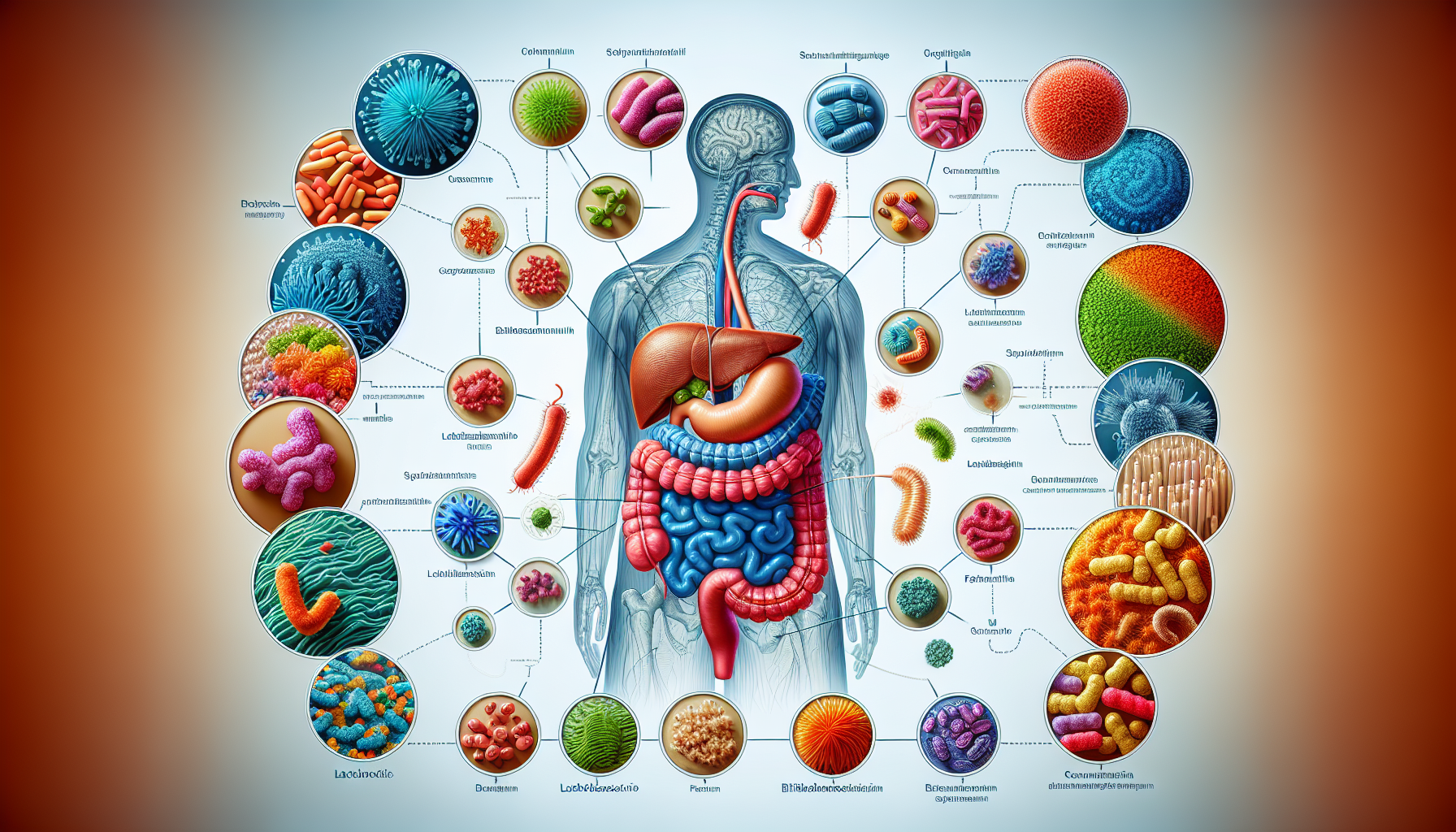Antibiotics are essential medications for treating bacterial infections, but they often come with a significant side effect: disruption of the gut microbiome. The delicate balance of bacteria in your digestive system can be upset by antibiotics, leading to a range of digestive issues, and in some cases, longer-term health problems. However, with the right strategies, it’s possible to support and maintain gut health during and after antibiotic use.
Understanding the Impact of Antibiotics on Gut Health
The human gut microbiome is a complex ecosystem of bacteria, viruses, fungi, and other microorganisms that play a critical role in digestion, immune function, and overall health. Antibiotics work by killing bacteria causing the infection, but they also indiscriminately affect beneficial bacteria in the gut. This disruption can lead to a condition known as dysbiosis, where the balance of the gut microbiome is thrown off.
Dysbiosis can manifest in various ways, including diarrhea, constipation, bloating, and increased susceptibility to other infections. It can also have longer-term effects on digestive health, potentially contributing to conditions like inflammatory bowel disease (IBD), irritable bowel syndrome (IBS), and even obesity.
Probiotics: Allies in Maintaining Gut Flora
One of the most effective ways to support your gut during antibiotic treatment is by taking probiotics. Probiotics are live microorganisms that, when administered in adequate amounts, confer a health benefit on the host. They help replenish the good bacteria in your gut, aiding in the restoration of a healthy microbiome balance.
High-quality probiotic supplements can be found, but it’s also beneficial to consume fermented foods rich in probiotics, such as yogurt, kefir, sauerkraut, and kombucha. These foods provide a diverse range of beneficial bacteria that can help keep your gut flora in check.
Prebiotics: Nourishing the Beneficial Bacteria
While probiotics add beneficial bacteria to the gut, prebiotics provide the food necessary for those bacteria to thrive. Prebiotics are indigestible fibers found in foods like bananas, onions, garlic, leeks, asparagus, and whole grains. Including these foods in your diet during and after antibiotic use can help support the growth of healthy gut bacteria, promoting a faster recovery of the gut microbiome.
Hydration and Nutrition
Adequate hydration is crucial for maintaining gut health, especially during antibiotic use. Water helps the digestive system function smoothly, supports nutrient absorption, and aids in the elimination of waste and toxins. Ensuring you’re well-hydrated can help mitigate some of the digestive discomfort associated with antibiotic use.
Nutrition also plays a vital role in gut health. Eating a diet rich in fruits, vegetables, lean proteins, and healthy fats can provide the nutrients needed for gut repair and maintenance. Foods high in antioxidants and anti-inflammatory compounds can be particularly helpful. For instance, the role of dietary antioxidants in gut health is well-documented, with benefits ranging from reduced inflammation to enhanced immune function.
Herbal and Dietary Supplements
Certain herbal and dietary supplements can also support gut health during antibiotic therapy. For example, supplements containing slippery elm, marshmallow root, or licorice can help soothe the digestive tract. It’s important to consult with a healthcare provider before starting any new supplement, as some can interact with medications.
Lifestyle Considerations
Stress management is another critical component of supporting gut health. Chronic stress can negatively impact gut function, so implementing stress-reduction techniques such as mindfulness meditation can be beneficial. Regular exercise is also important, as it can help promote healthy gut motility and overall well-being.
Seeking Professional Guidance
It’s essential to work with healthcare professionals when addressing gut health during antibiotic use. A registered dietitian or a gastroenterologist can provide personalized advice and support. For more complex cases, such as managing gastritis or identifying and treating yeast overgrowth, professional guidance is particularly crucial.
External Resources for Further Support
To further support your journey in maintaining gut health during antibiotic use, here are several niche resources:
- The International Scientific Association for Probiotics and Prebiotics (ISAPP) provides up-to-date information on the science of probiotics and prebiotics.
- The American Gastroenterological Association offers patient education materials on gut health and the impact of antibiotics.
- For those interested in the connection between stress and gut health, the American Psychological Association provides resources on stress management techniques.
Conclusion
Supporting gut health during antibiotic use is a multifaceted endeavor. By incorporating probiotics, prebiotics, adequate hydration, nutritious foods, and lifestyle changes into your routine, you can help mitigate the impact of antibiotics on your gut microbiome. Always remember to consult healthcare professionals for personalized advice and to explore high-quality external resources for additional support.
Remember, a healthy gut leads to a healthier you, and taking proactive steps during antibiotic treatment can help maintain your digestive wellness for years to come.



